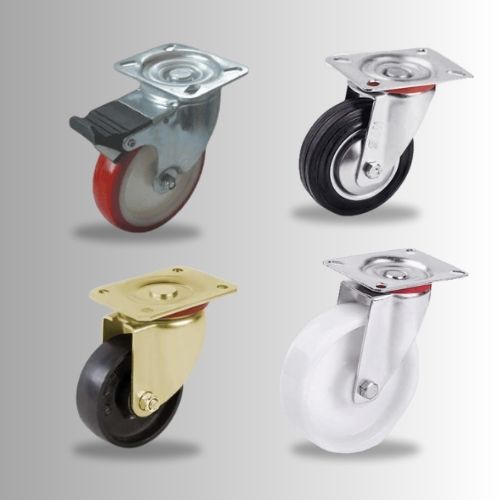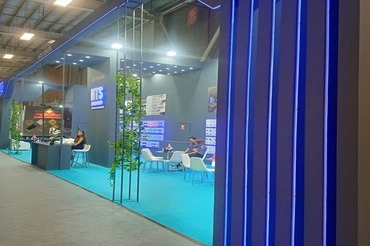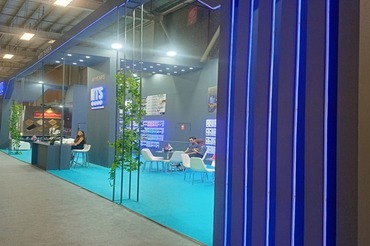
Industrial wheels and their application in material handling: wheels with increased efficiency
In factories, logistics, and warehouses, industrial wheels play a major role that is often underestimated. These caster and wheels play an essential role in the handling and transfer of materials and make the products move safely from one place to another. Here we will discuss a few things that can be easily transported using these casters.
1. Transportation of materials:
Consider a distribution center where goods must be moved quickly. In this case, the use of industrial wheels to move materials is very effective. These heavy-duty casters and wheels are designed to withstand the demands of industrial applications and carry significant loads while maintaining maneuverability.
2. Various applications:
Industrial casters and wheels are used in a wide range of industries, from manufacturing and automotive to aerospace and healthcare. They are used on trolleys, dollies, racks, and various equipment to facilitate the movement of raw materials, parts, finished products, and even personnel. In essence, they are the wheels that keep the industry moving.
3. Load capacity is important:
One of the critical considerations when choosing industrial casters and wheels is load capacity. These wheel loaders come in different load ratings, ensuring they can handle the weight of the items they carry. There is a wheel loader for every industrial need, from small wheels that can handle a few hundred pounds to heavy-duty machines capable of handling thousands of pounds.
4. Floor protection and noise reduction:
Industrial casters and wheels are often equipped with wheels made of materials such as polyurethane, rubber, or nylon. These materials not only provide excellent load-bearing capacity but also protect the floors from damage. They are symptomless, reduce noise, and are suitable for use in sensitive industrial environments.
5. Specialized casters for unique requirements:
Certain industrial settings have unique demands, such as extreme temperatures, corrosive chemicals, or hazardous materials. In these cases, specialized casters are employed. For example, high-temperature casters can withstand intense heat, while stainless steel casters are corrosion-resistant and ideal for food and pharmaceutical industries.
6. Ergonomics and efficiency:
Industrial casters contribute significantly to the ergonomics and efficiency of the workplace. They allow workers to move heavy loads with minimal effort, reducing the risk of injury and fatigue. This improved efficiency translates into cost savings and increased productivity.
7. Safety and regulations:
Safety is of great importance in industrial environments and industrial wheels must comply with strict safety standards and regulations. This ensures that equipment works reliably and workers are protected from accidents caused by caster failure.
8. Technology and innovation:
As technology advances, so do industrial casters. Innovative features like swivel locks, shock-absorbing capabilities, and precision bearings are continuously being integrated to enhance their performance and durability.
9. Sustainable movement of materials:
In the era of sustainability, industrial wheels are also evolving to meet eco-friendly standards. Manufacturers are developing solutions that use recycled materials, reduce energy consumption in production, and minimize environmental impact.
Industrial casters are an easy way to transport. The use of these casters and wheels creates order in warehouses or production environments.
Latest Developments
Explore to stay up to date with us.













